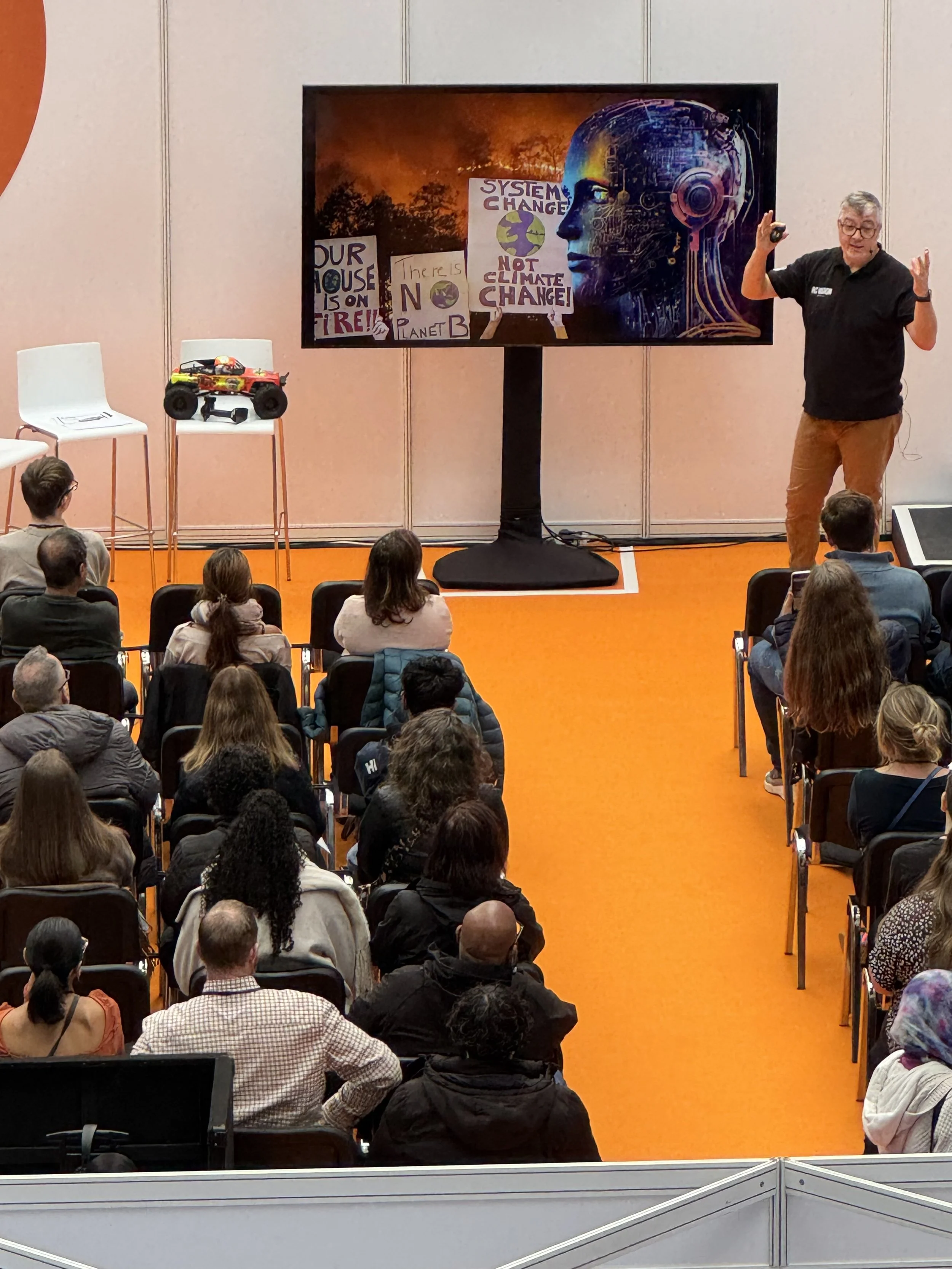What Career Live: Why ‘I Don’t Know’ Might Be the Most Powerful Answer of All
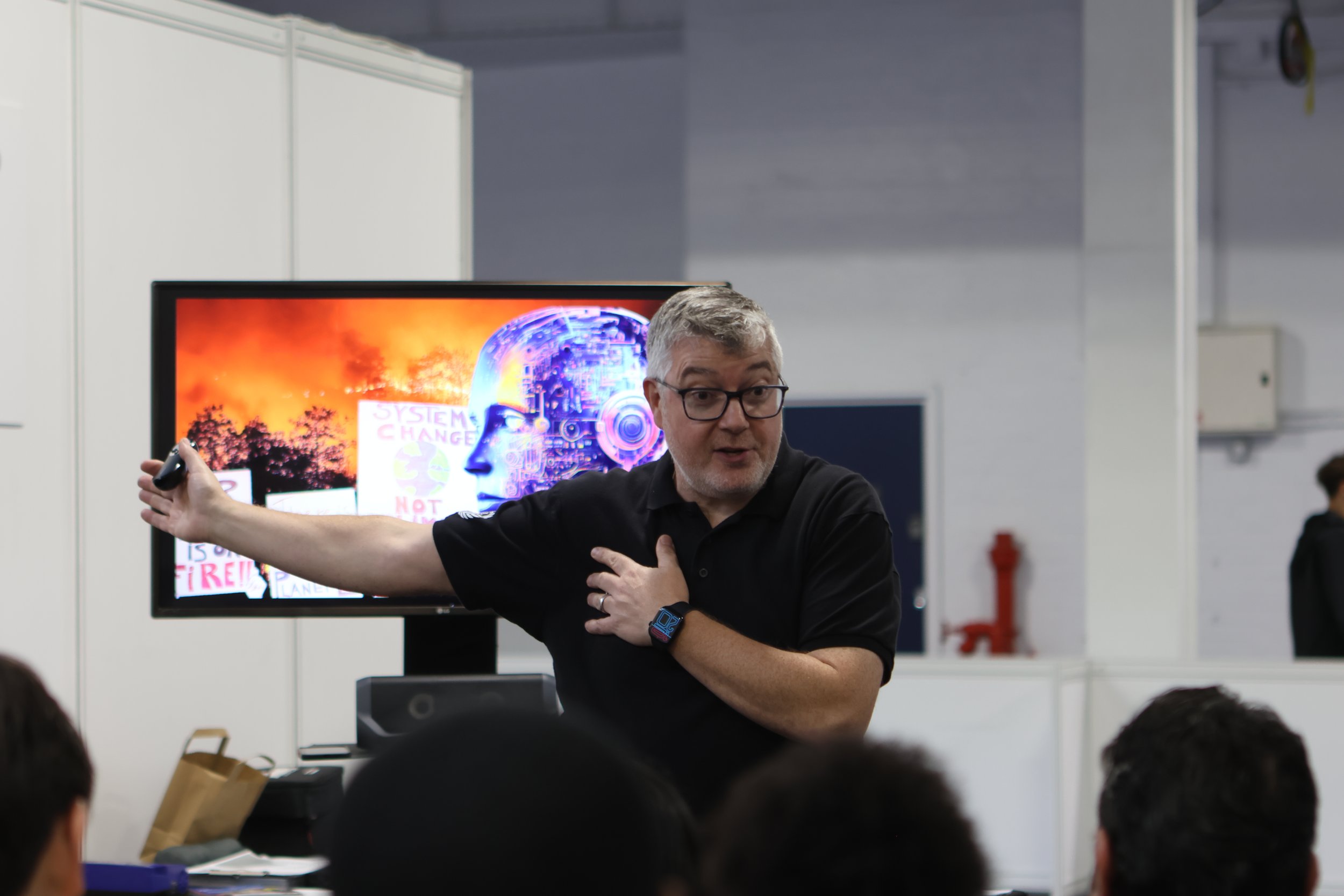
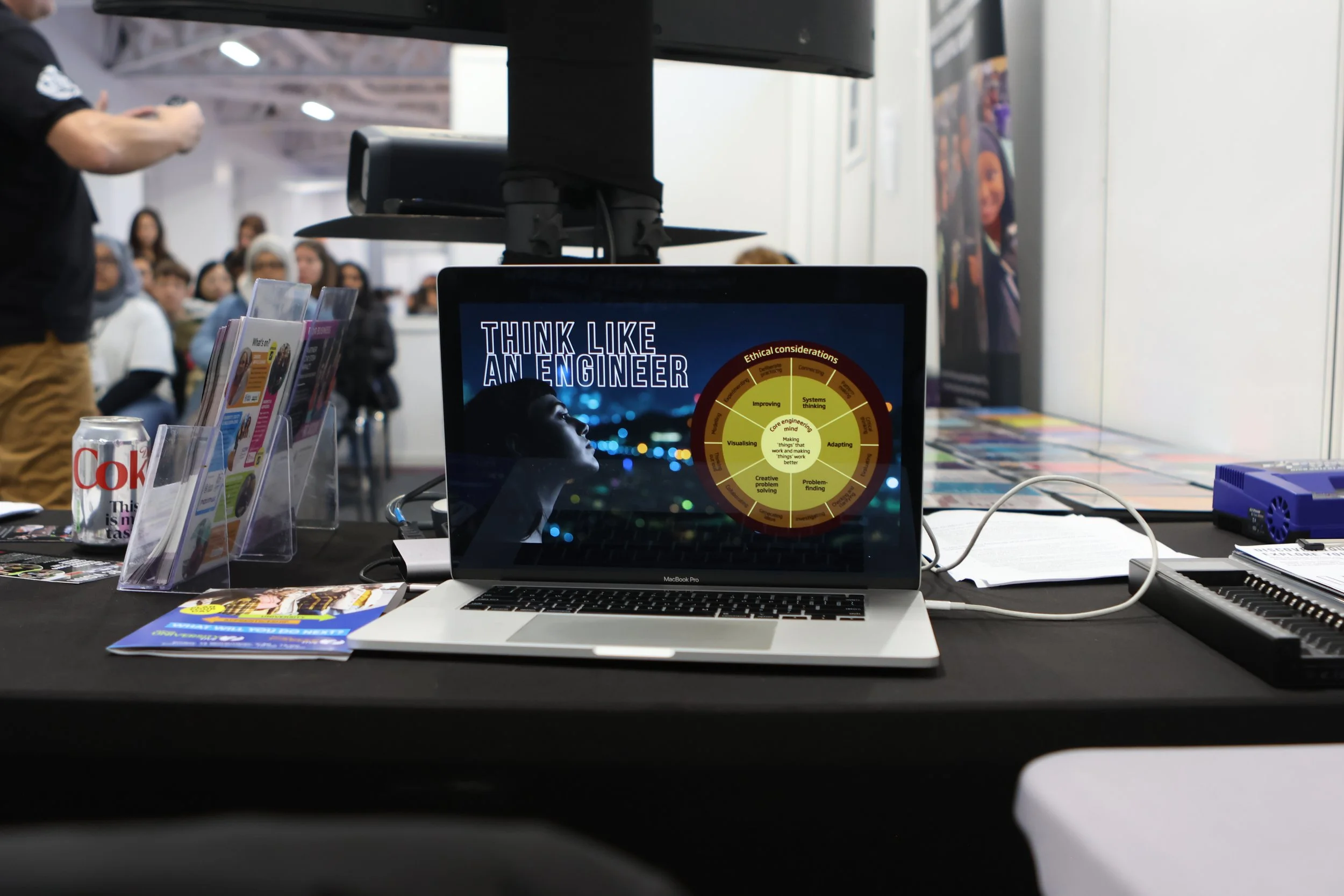
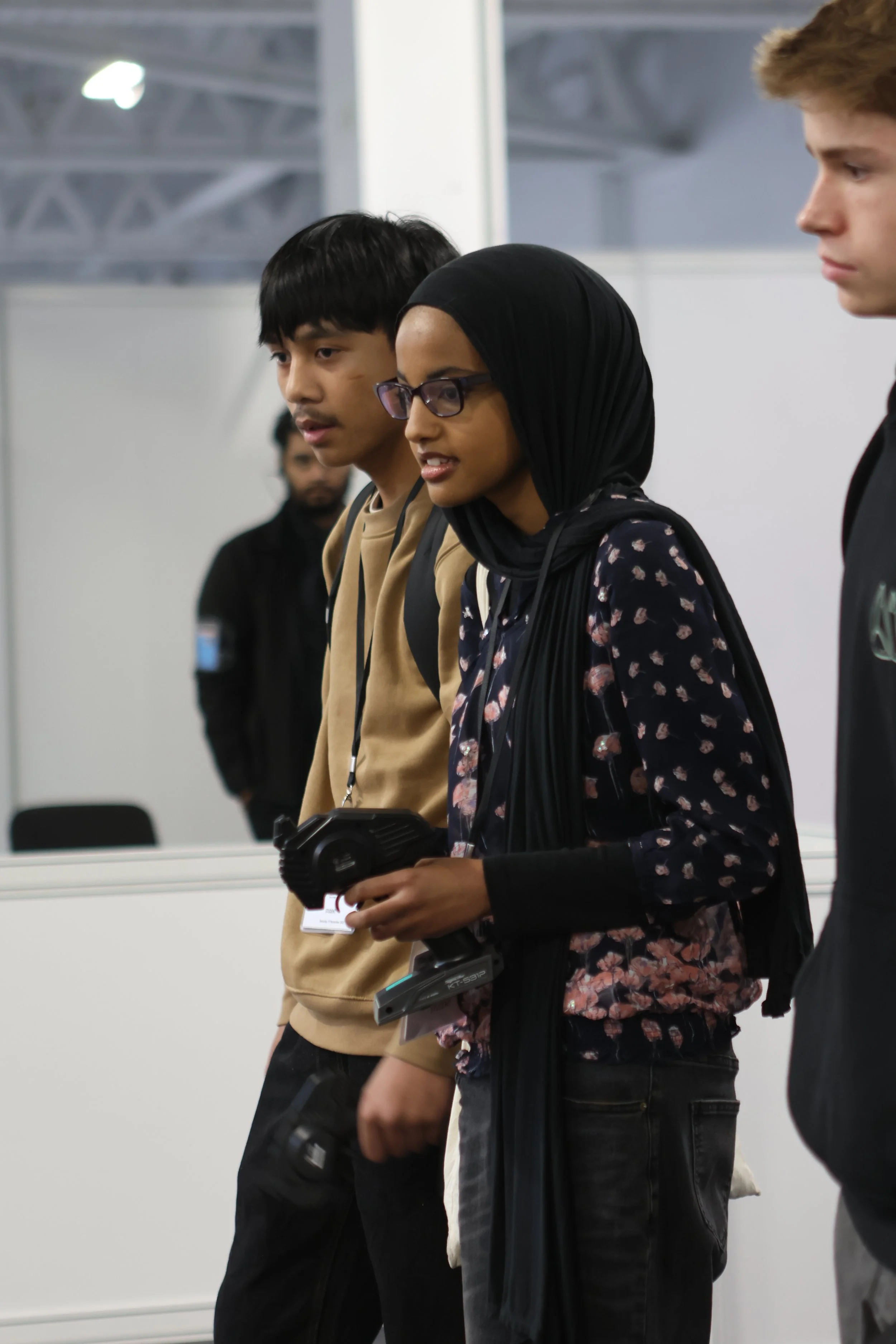
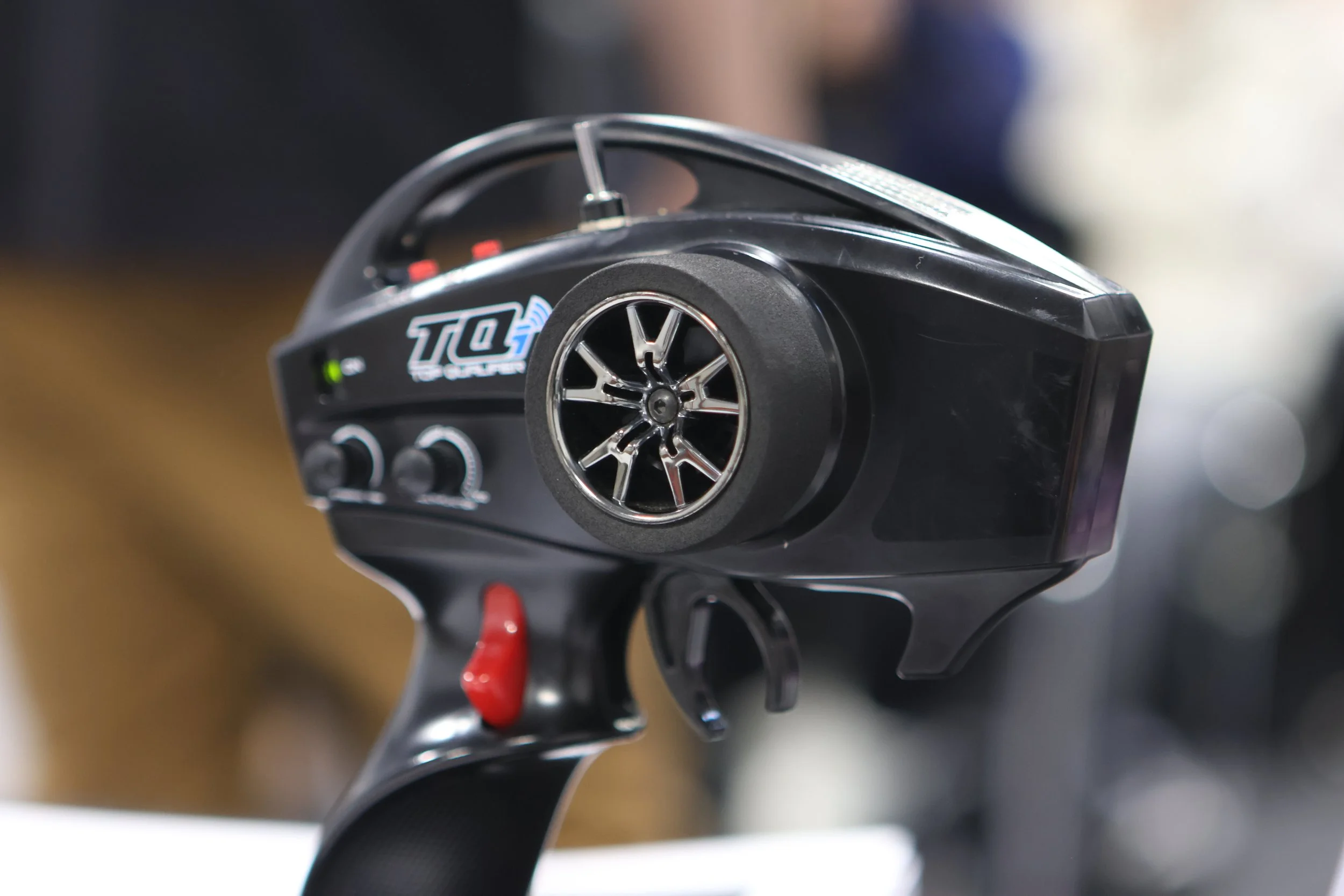
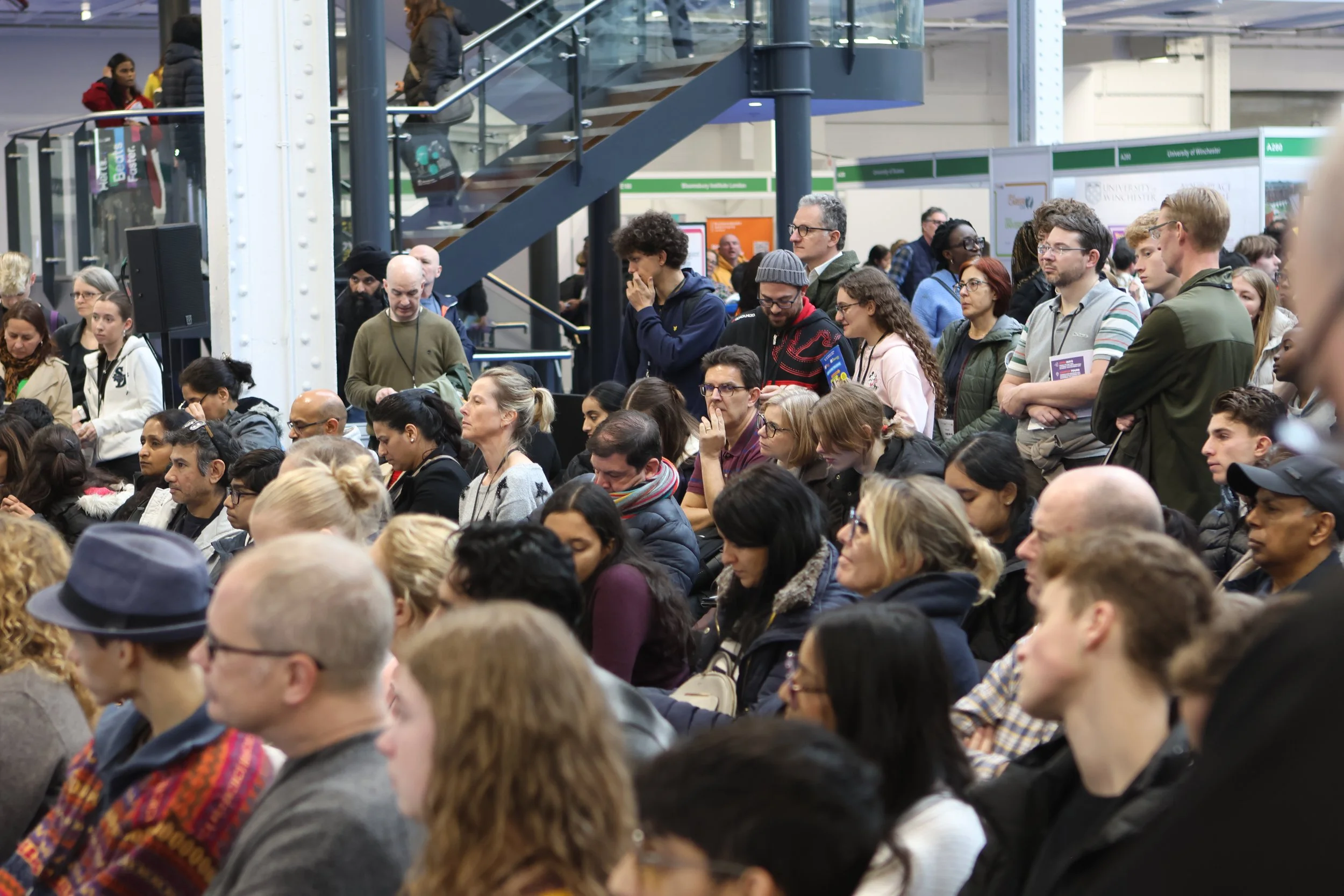
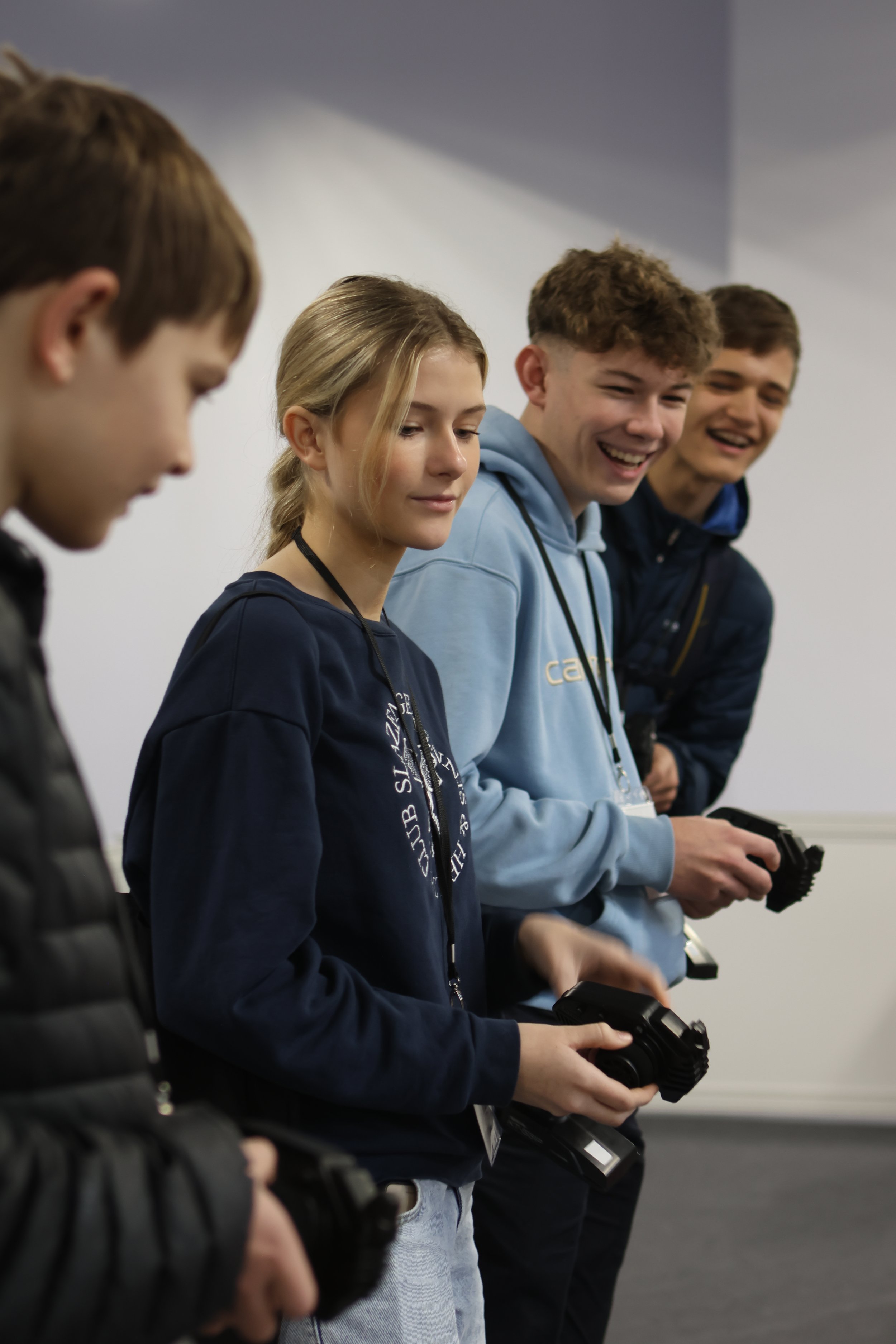
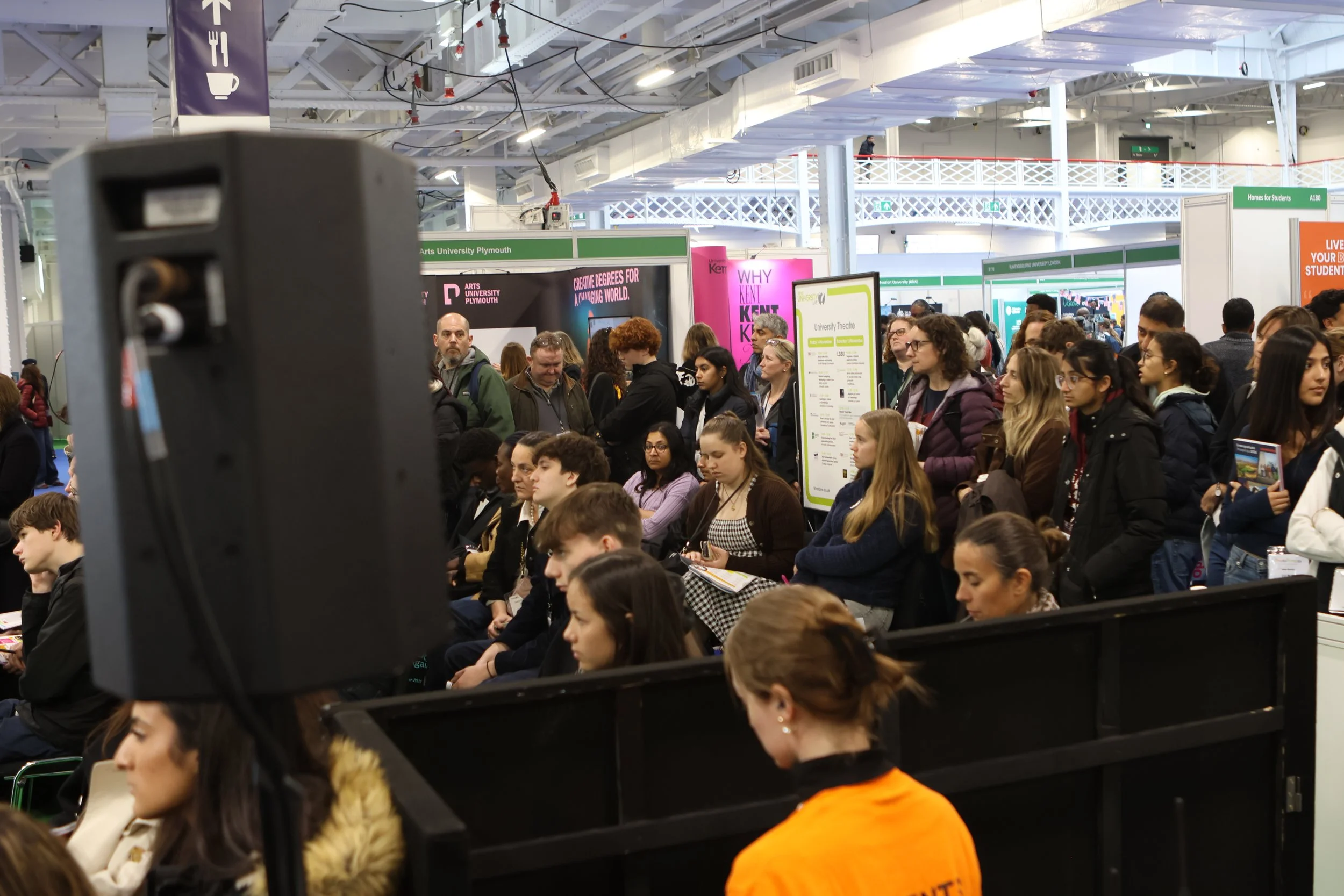
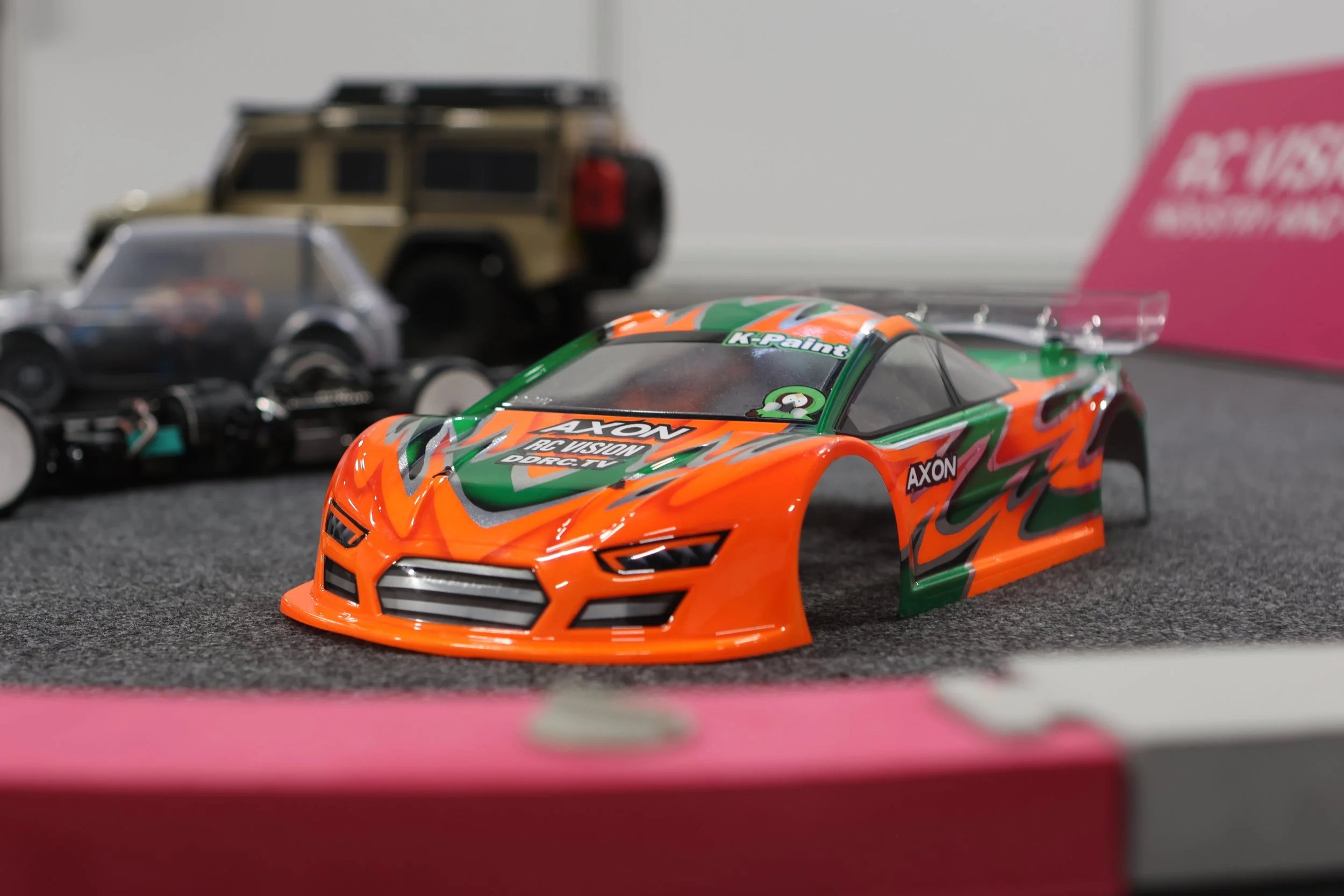
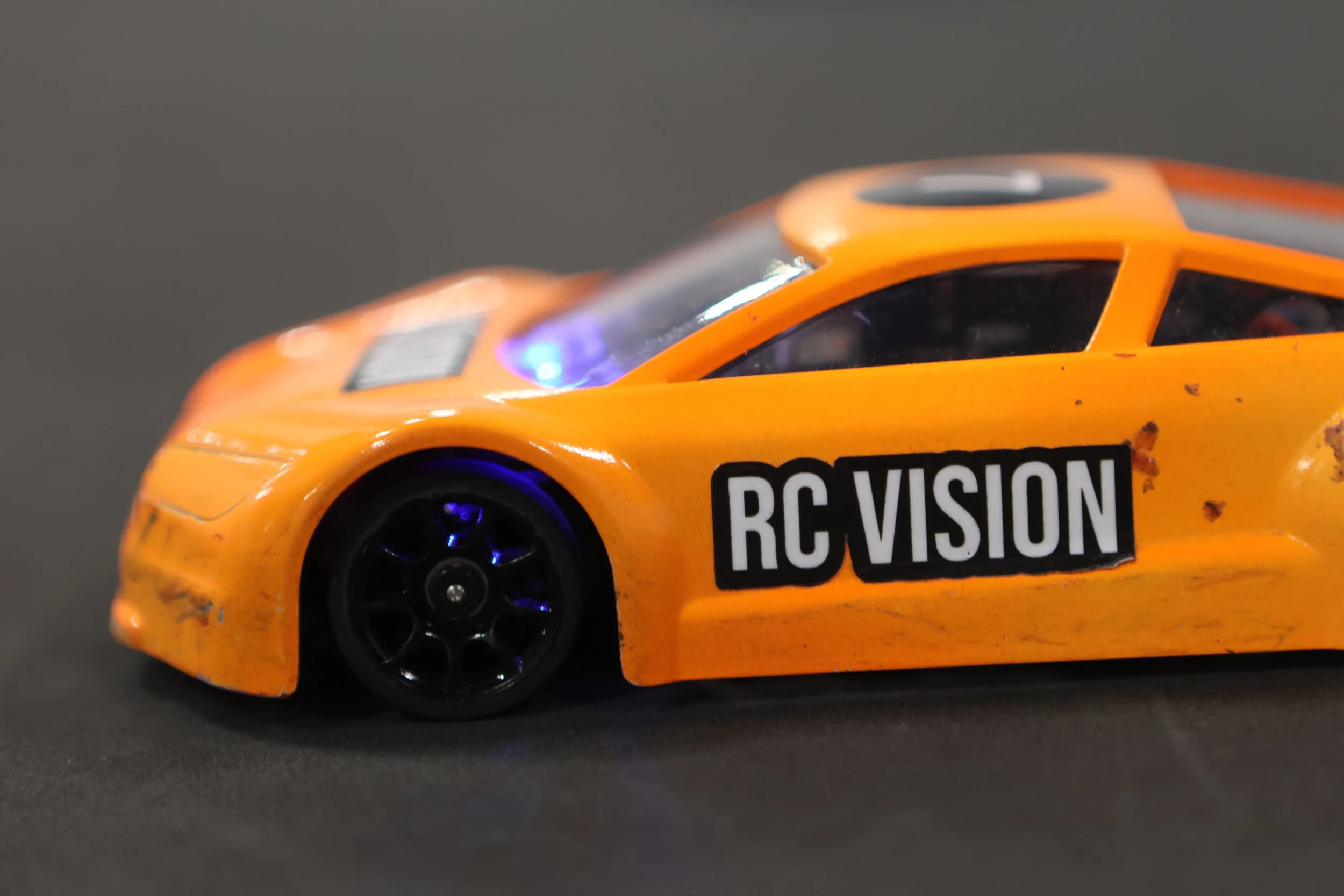
Today at What Career Live, I had the chance to speak directly with hundreds of young people standing on the edge of one of the most confusing questions imaginable: What do you want to do?
It’s a question that gets thrown at them constantly—by schools, parents, friends, and events like this. But if you stood in front of our Careers Theatre this morning, you’ll know I kicked things off with something a little different:
I asked the entire room to stand up.
Then I asked anyone who truly knew what they wanted to do in the future to sit back down. Only a handful sat. The rest stayed on their feet, looking around, realising—often with visible relief—that they weren’t alone. That uncertainty isn’t a failure. It’s normal. And, crucially, it’s a strength.
At RC Vision, we work with thousands of young people across the UK through hands-on STEM workshops and radio control motorsport. What we see, again and again, is that when young people are given permission to explore—without the pressure to have the perfect answer—they discover strengths they didn’t know they had.
Careers Aren’t Straight Lines
The modern world of work is shifting faster than any generation before has experienced. Two forces in particular—AI and the green transition—are reshaping industries at pace. Many jobs will look completely different in just five years. Some don’t even exist yet.
The World Economic Forum’s Future of Jobs report puts this into perspective: employers now rate resilience, flexibility, and agility as the most important skills for the future workforce. Not narrow expertise. Not memorised knowledge. But adaptability. Curiosity. The ability to learn, unlearn, and relearn.
In other words: how you think matters far more than what you think.
And this is exactly where “I don’t know yet” becomes powerful. Not knowing keeps you open. It keeps you curious. It keeps you exploring.
Thinking Like an Engineer
To make sense of this fast-changing landscape, we use something called the Engineering Habits of Mind—the six ways engineers think when they face uncertainty: problem-finding, visualising, systems thinking, adapting, creative problem-solving, and improving. These habits underpin the ability to learn and adapt, no matter what the future throws at us.
And you don’t learn these habits from a textbook. You learn them by doing things you enjoy. By tinkering, testing, breaking, improving. For us, radio control motorsport is the perfect example: as soon as you drive for the first time, you want to go faster—and suddenly you’re solving complex STEM challenges without even realising it.
This kind of learning builds something deeper than knowledge. It builds confidence.
Confidence Is a Career Skill
After my talk, a parent came up to me and said:
“This was much more than I was expecting. I’m worried about my daughter because she lacks confidence, but your workshop really helped.”
He wasn’t talking about lap times or perfect racing lines. He was talking about something far more important: seeing his daughter realise she can learn, she can solve problems, she does have strengths.
Later, his daughter told us:
“I learned about opportunities I didn’t know existed for me, and that I am much more creative than I thought. That feels good and makes me worry less.”
This is the heart of what we do. It’s not really about RC cars. It’s about identity, agency, and possibility. It’s about young people discovering that they can think in powerful, flexible ways—and that those ways of thinking map onto a huge range of future careers.
Leaving With a Different Mindset
I ended the keynote with a simple thought:
Not knowing what you want to do might be the very thing that helps you find everything you’re capable of.
If today gave young people even a moment of permission to explore, to try things, to follow their strengths rather than a predefined script, then we’ve done something meaningful.
And if they want to take the next step, our Thinking Like an Engineer aptitude test and free resources are waiting for them. The future belongs to the curious. And today, we saw just how ready young people are to explore it.
